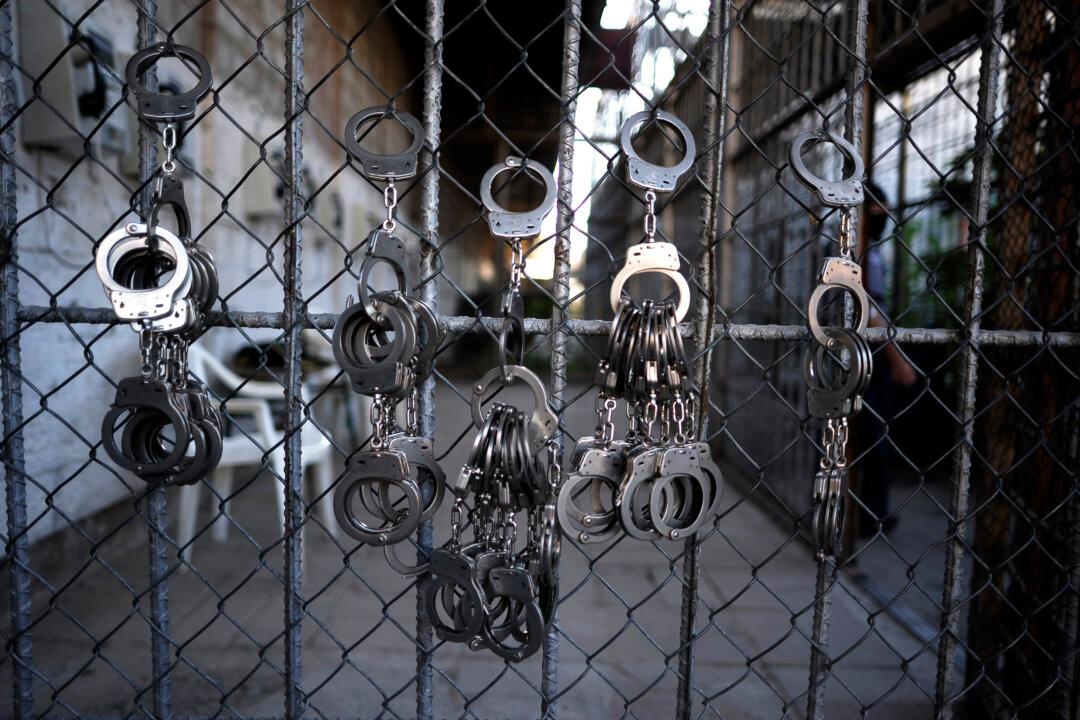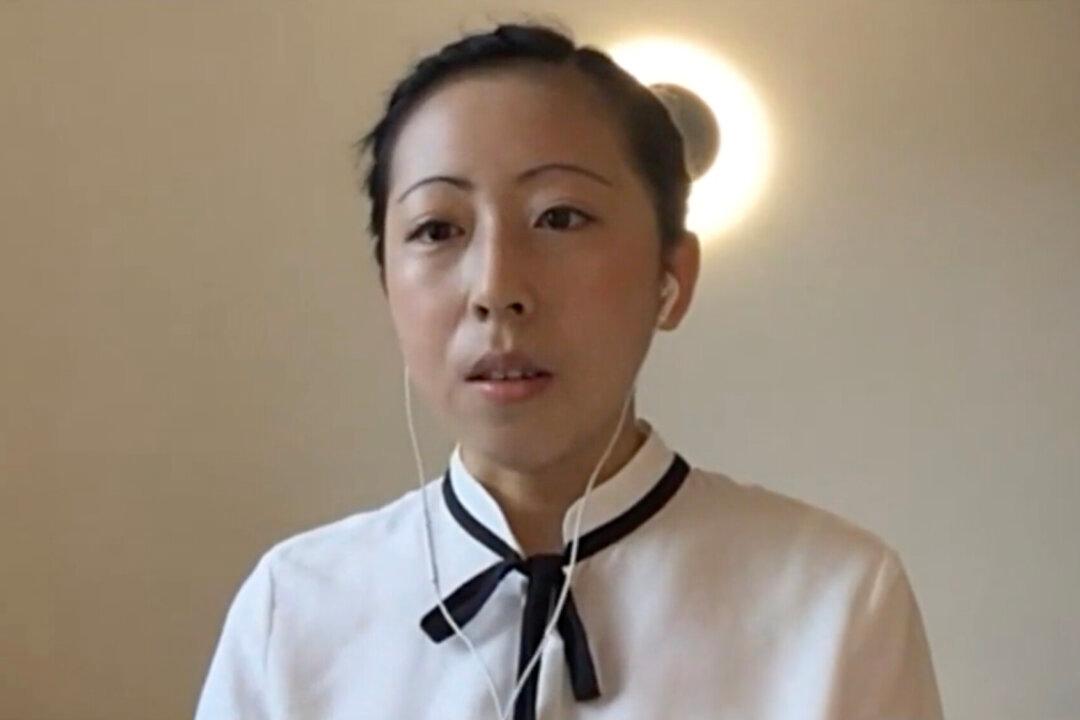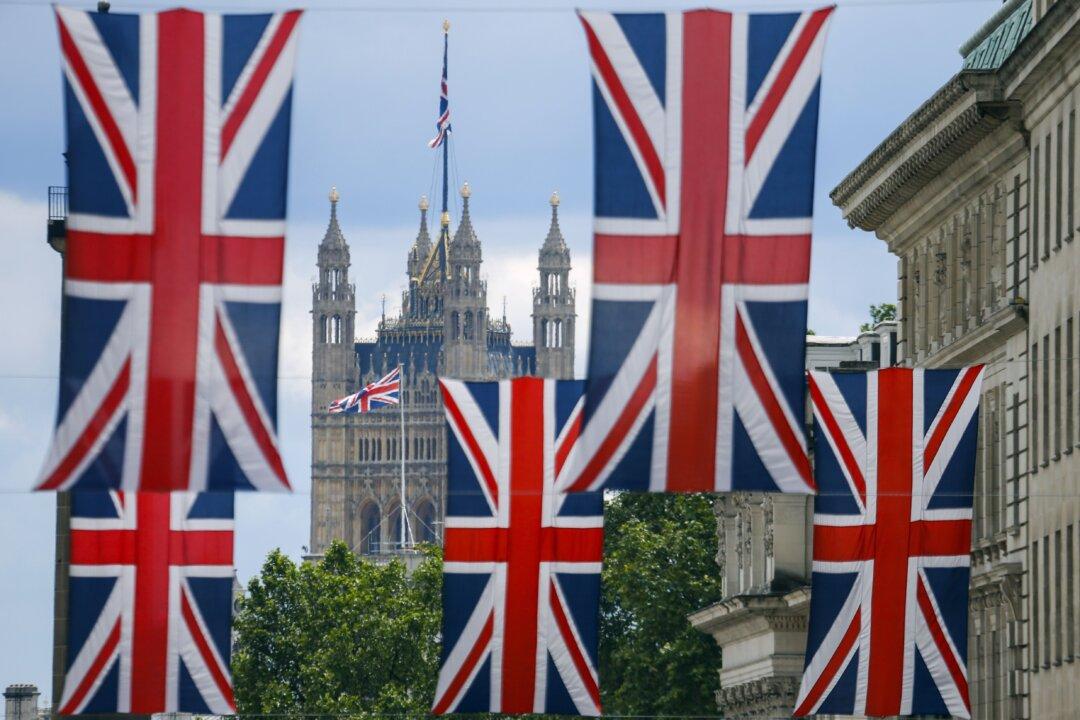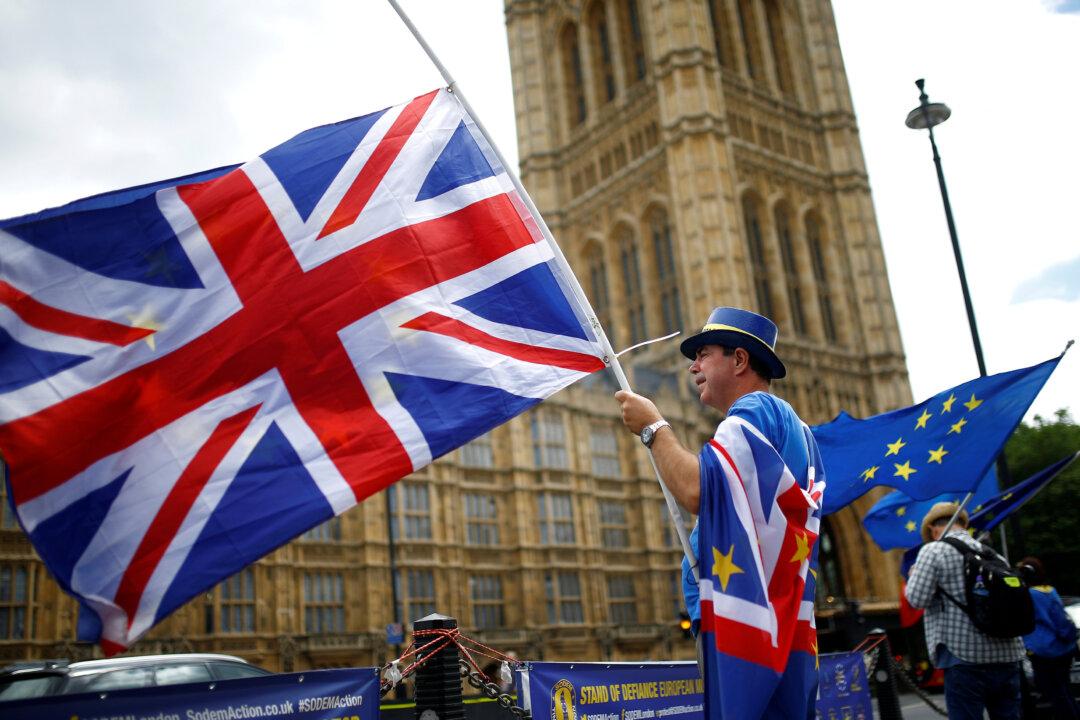LONDON—Dolkun Erkin, 26 years old of Gulja city, China, was charged with splitting the state and sentenced to 10 years in prison, according to the recently released Prisoners List 2014. His so-called crime? Teaching Islam.
Such poignant breaches of freedom of belief happening now across the world are exposed in a report and the Prisoners List 2014 launched at the House of Lords on June 24, 2015.
Dr Nazila Ghanea-Hercock said in the keynote speech that the state of the laws in certain countries “are comical if they were not so tragic”.
She ironically spoke of laws that have been around for over 115 years ensuring prison inmates have the freedom of religion or belief. Yet the people highlighted in the report don’t even have that freedom outside of detention.
“They did nothing than enjoy one of their human rights,” she said.
Another example of such a tragic case from the Prisoners List is Vahid Hakkani from Iran, who was sentenced to 3 years and 8 months in prison. Charges included propaganda against the system and collusion against humanity. Hakkani’s “crime” was attending a Christian house church, an “underground” meeting of Christians outside the closely monitored Christian church in Iran.
“This is the tip of the tip of the iceberg,” said Willy Fautre, director of the non-governmental organisation Human Rights Without Frontiers, while giving similar examples.
North Korea, China, and Iran have the highest number of people imprisoned for their religion or belief in 2014 – research found that recorded cases are in the thousands.
North Korea, described by Fautre as a “black spot” on the world map, is said to have the highest number of religious believers behind bars, mainly Christians. Access to information and the language barrier made it very challenging to get information on individual cases, Fautre said.
In Pakistan, insulting the Prophet Muhammed can lead to the death penalty, while the desecration of the Muslim holy book, the Koran, can lead to life imprisonment or 10 years’ imprisonment. The law is often used over disputes for personal interest.
For example, Imran Ghafoor was accused of burning the Koran and some holy papers in front of his shop.
Ghafoor’s statement reads that the blasphemy allegations arose after business jealousy and rivalry because Imran’s business flourished while his accusers’ businesses were not doing so well. Ghafoor, 28, was arrested in 2009 and sentenced to life imprisonment.
There has been little progress to amend the blasphemy laws. In 2011, two politicians who questioned the blasphemy law were shot dead in Pakistan.
What can the European Union do?
The cogs that drive changes in law tend to turn very slowly. European Union policy recommendations outlined in the report are one hope for people to regain the freedom to practise their belief or religion. But is the EU likely to take on any of the recommendations?
“We’re not going for Utopia. The reality is we are hoping for a middle ground,” said Alfiaz Vaiya, project manager for Human Rights Without Frontiers.
He said the EU is set to revise their Action Plan on Human Rights and Democracy in July.
While economic stability and prosperity are high on any country’s agenda, it’s a serious issue if basic human rights are sacrificed.
Unfortunately, this is the case in some countries. In late 2013 the EU signed a law, the GSP+ arrangement, that gave Pakistan greater trade access to EU countries. The EU is Pakistan’s most important trading partner, according to the European Commission’s website, taking 21.2 per cent of Pakistan’s total exports. Vaiya commented that there was “no way” that the EU would sign this agreement if they were serious about human rights.
“It’s not the EU per se,” said Vaiya in a telephone interview after the event. “If powerful member states like the UK, France, Germany, and North European Union countries all vote in favour for an agreement that is already a semi-majority.”
On the topic of China, Vaiya said that the country had “gone quiet on the EU agenda”.
China is the EU’s second trading partner after the United States and has invested in EU countries. The one-party state, however, has a history tainted with human rights violations.
Just one example is their lucrative organ transplant trade, where organs are often supplied from living prisoners of conscience. Evidence of live organ harvesting was uncovered in an independent report in 2006 by David Kilgour, former Canadian secretary of state, and David Matas, international human rights lawyer.
They found most of these organs are taken for profit from imprisoned practitioners of Falun Gong, a Chinese spiritual practice.
Late last year, the European Parliament axed the intergroup on Tibet on the grounds that no political group had made it a priority. In November 2014, just prior to the vote on which intergroups to continue into 2015, all MEPs received a letter voicing “concern” about the Tibet intergroup from the Chinese Mission to the EU asking them not to re-establish it.
The Dalai Lama, the spiritual leader of the Tibetan people, did not meet with any officials during his visit to the UK over the weekend.
The EU has in the past halted trade agreements with some countries, such as Burma, over human rights concerns. Vaiya says the same pressure could be applied to countries where freedom of belief is stifled.
“The EU can play their role and stall the [trade] agreements,” said Vaiya. “More needs to be done at the MEP level to raise human rights.”
“This is just a document,” he said. “The main thing is to make this document real.”





